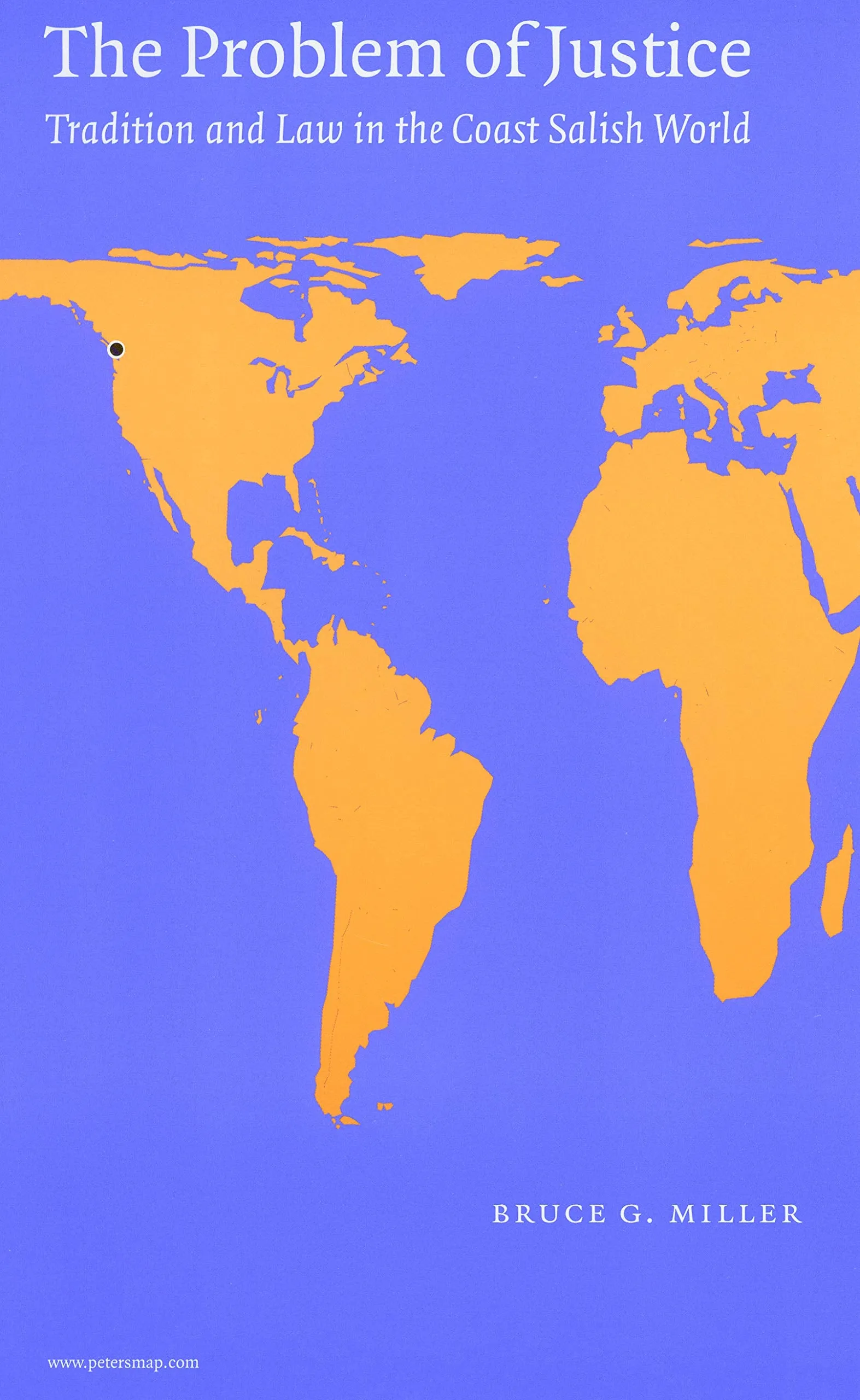An examination of three contemporary systems of justice in Coast Salish communities in the United States and Canada provide a new perspective on the role legal anthropology plays in understanding the ways traditional laws confront contemporary justice issues. Taking the examples of Upper Skagit Justice in the United States and the Stó:lö Nation and the South Island Justice Project in Canada, Miller examines the inherent problems local communities face when attempting to design self-governing justice systems. Ideas about traditional law face serious challenges as these three Salish communities attempted to transport these ideas into modern usage and culture situations. Miller calls into question the capacity of alternative dispute resolution, court diversion, healing discourses, and harmony ideologies to meet community ideas about self-government. This study provides a unique perspective about the complexity of justice issues in contemporary Salish communities.

 Cart(
Cart(










